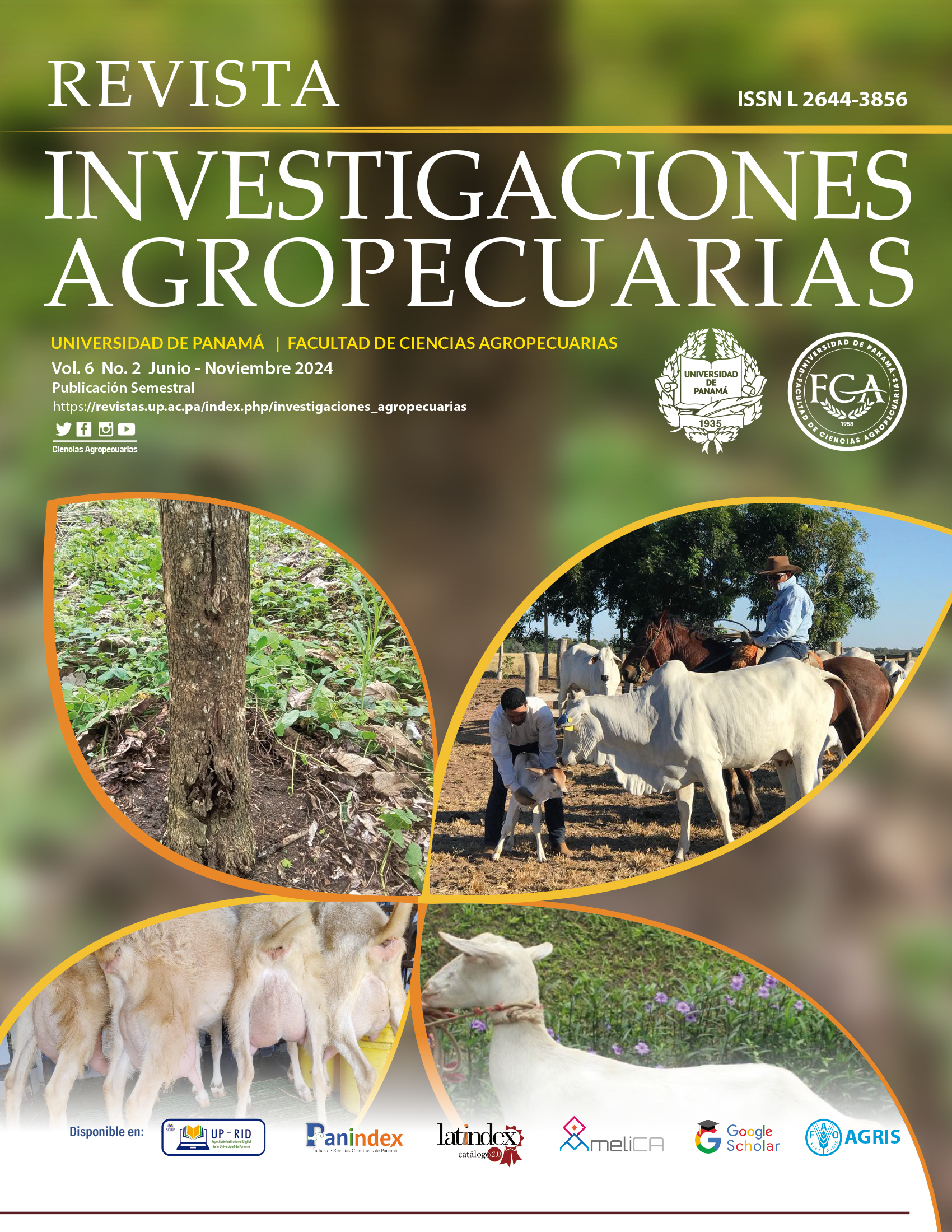
Revisión Bibliográfica
Vol. 6 No. 2 (2024): Revista Investigaciones Agropecuarias

Copyright (c) 2024 Revista investigaciones agropecuarias

This work is licensed under a Creative Commons Attribution-NonCommercial-ShareAlike 4.0 International License.
Crop management is a changing and dynamic activity, which involves from the use of adapted cultivars to the use of stimulants products which help the plant tolerate stressful conditions. Abiotic factors in agroecosystems can generate challenges and significantly affect crop productivity; and the use of amino acids can help minimize these negative effects. Amino acids enhance biological processes of agronomic interest, giving crops different levels of resilience against stressful conditions such as high temperatures, drought conditions, high solar radiation, and salinity. However, is a lack of information and an objective dissemination with a scientific basis about the effects, benefits and efficiency of that products. The application of amino acids in crops can be spray or by drip irrigation, this practice saves energy in the plant, which can be transferred to the sinks, benefiting productivity. Furthermore, it also benefits the synthesis of extremely important compounds or enzymes, which provide plasticity at high temperatures. The effects of these substances are extensive, which in this review, interesting information is synthesized, as well as discussed from an agronomic perspective, with physiological support and crop metabolism. It is hoped that this review can contribute to unraveling the role of amino acids in a practical sense, as a reference for professionals in the management of agricultural systems and for the area of agronomic research.
Este obra está bajo una licencia de Creative Commons Reconocimiento-NoComercial-CompartirIgual 4.0 Internacional.
